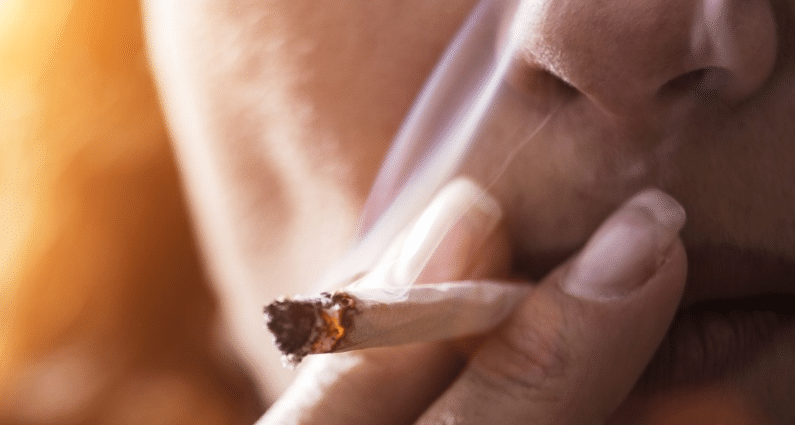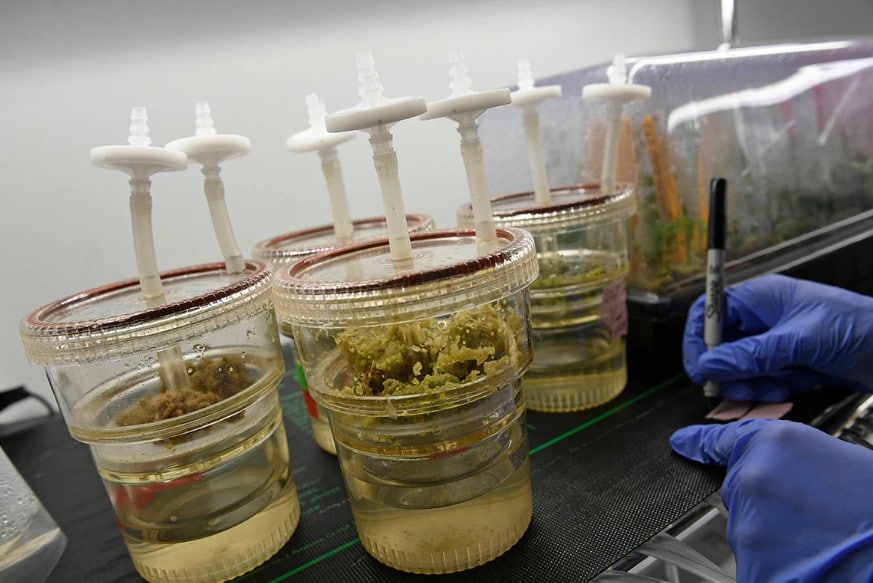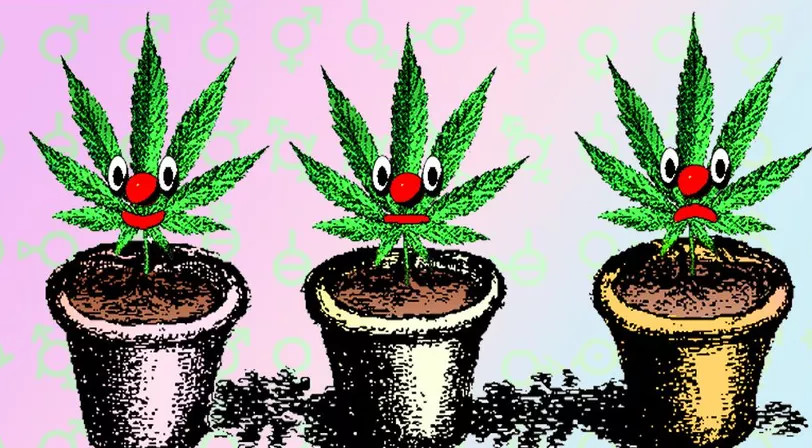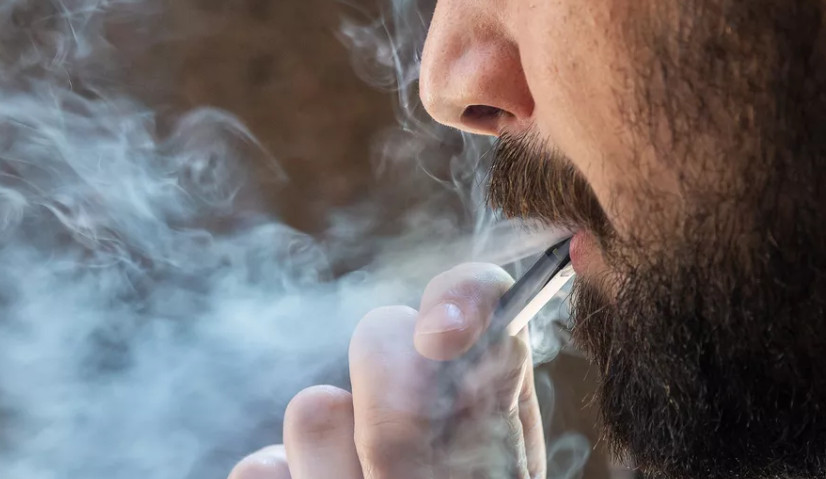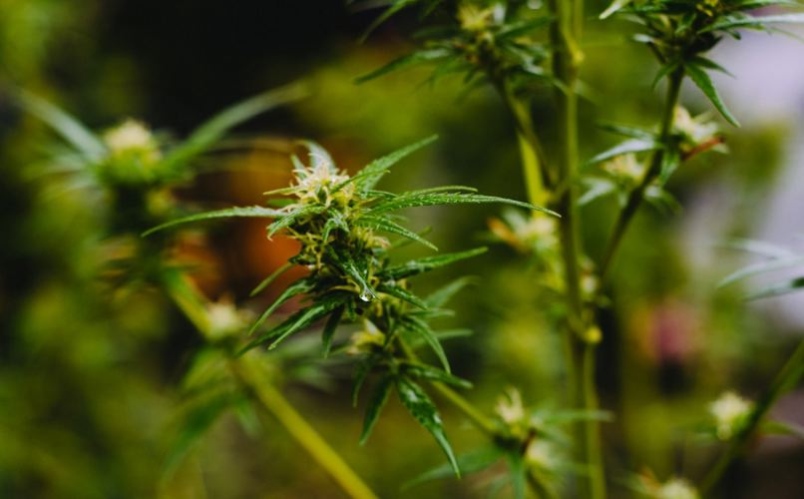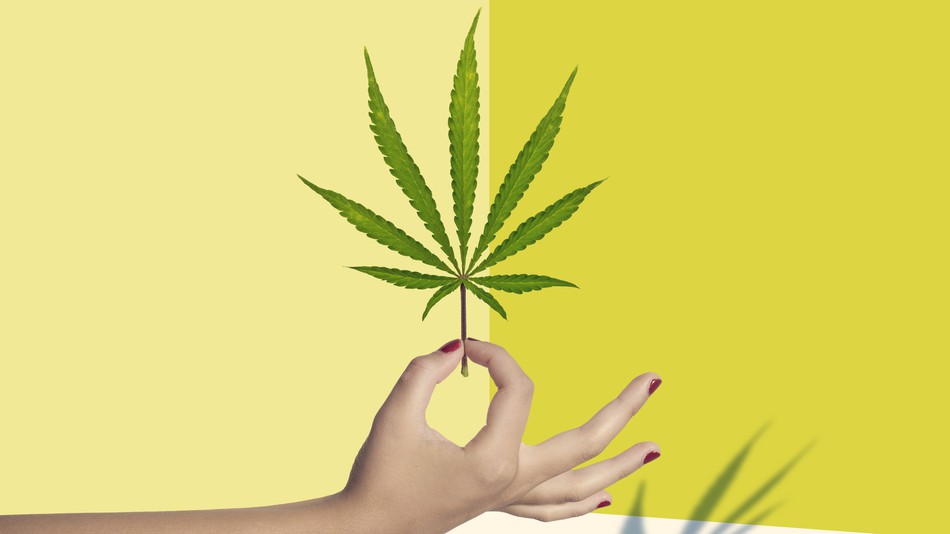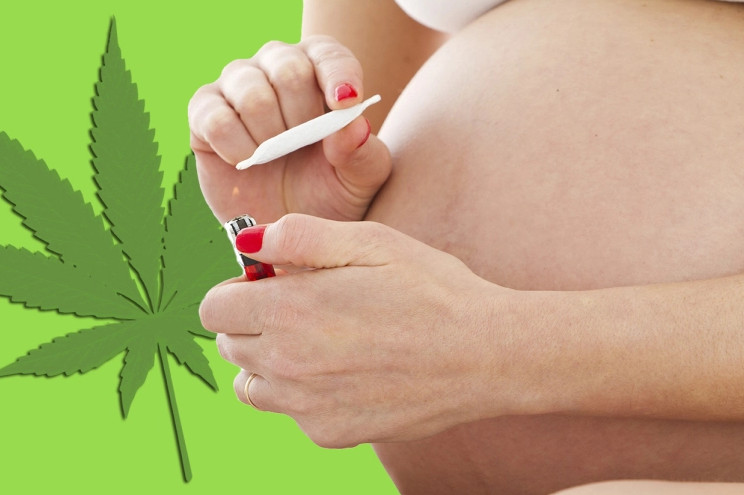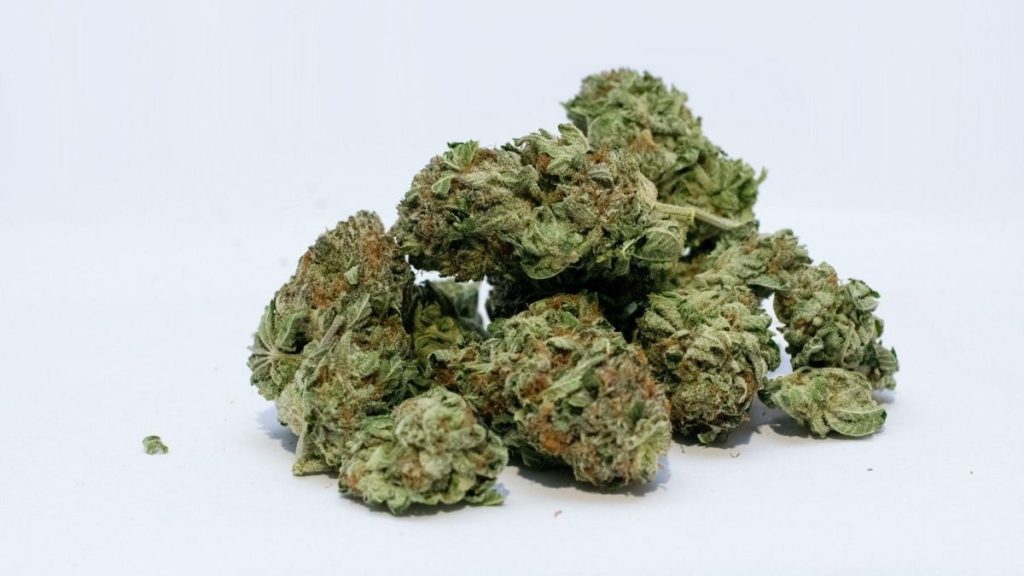With vaping on the rise, and the current side effects of vaping still unknown, many people are left wondering what, if any, are the differences between smoking weed and vaping weed. Now that vaping has become more commonplace for smoking tobacco, some have begun to explore whether or not a vape can be used for marijuana as well. But that still leaves many with the question: is there a difference in terms of how it affects the body?
First, it’s important to mention that although we know that smoking is bad for someone’s health — and that cannabis smoke still does contain carcinogenic chemicals — research has found that cannabis smoke doesn’t have the same negative effects as tobacco smoke when it comes to emphysema or lung cancer, although research on this is still ongoing. Additionally, there are two primary ways of vaping that currently exist: vaping ground flower (the whole cannabis plant) and vaping cannabis oil.
“In the US, we know relatively little about the way that cannabis consumption habits affect health, due to the Schedule I status of cannabis and lack of research that has been permitted over the years,” Dr. Juli Crockett, director of compliance at MMLG, a consulting resource for cannabis licensing and compliance, tells Bustle. “So much of the body of evidence for effects is anecdotal and based on personal experience, and these testimonials are in no small part what has been pushing legislation forward in expanding access to patients and adult-use consumers, alike.”
Although vaping and smoking something may have similar hallucinatory effects given the THC content of the marijuana, there are some differences in how they will affect a person’s body overall. But it is important to note that research is still inconclusive as to whether or not vaping is the “safest” option for someone who is looking to smoke. Here are eight fascinating differences between smoking weed and vaping weed.
Smoking Burns Plant Matter While Vaping Boils Off The Essential Oils and Cannabinoids
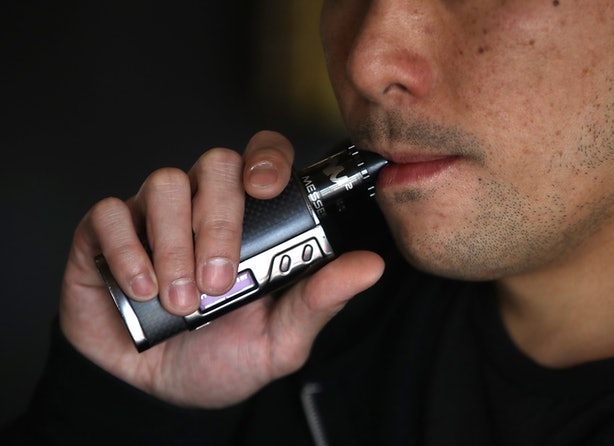
Credit: www.bustle.com
To begin, smoking burns the entire plant. This turns the different cannabinoid, terpenes and other chemical compounds into an inhalable vapor. “All of them acting together produce what’s called the entourage effect, which means that the combination of all of them working together is more effective than if you were to consume each of them in isolation,” chief medical officer Dr. Perry Solomon of HelloMD, a digital healthcare platform for the cannabis industry, tells Bustle. Vaporization involves heating the flower material to a temperature that boils off the essential oils and cannabinoids for inhalation without creating combustion, says Dr. Solomon.
When someone vapes an oil, they might be inhaling whatever parts of the plant that the manufacturer has decided to put into that oil. The effects of smoking and vaping can be similar, but the amount of psychoactivity and other effects that result from either method of use depends on the amount of THC and CBD that each contains, says Dr. Solomon.
Vaping Flower Can Be Safer — But Vaping Oils Can Be Just As Harmful
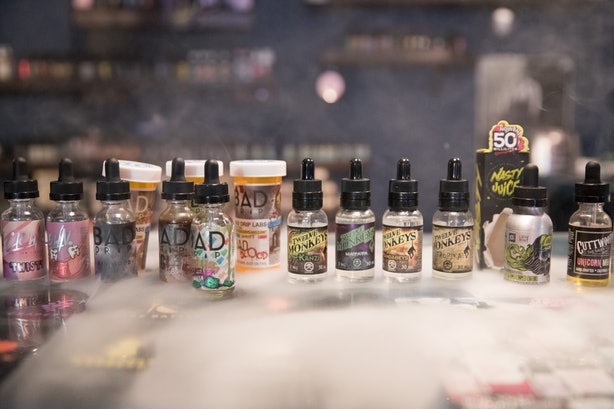
Credit: www.bustle.com
Vaporization can be a safer alternative, but not all vaporization is the same: Ground flower seems to be much safer than vaporizing oils. “With a good flower vaporizer, set properly to 350°F, cannabinoids can be inhaled with little to no products of combustion,” cannabis therapeutics specialist Jordan Tishler, MD, of InhaleMD, a medical cannabis clinic, tells Bustle. “However, oil cartridge vaporization can be harmful. There are additives, whether polyethylene glycol, propylene glycol, or more recently cannabis terpenes, which convert to carcinogens at relatively low temperatures.”
Vaping Can Be More Consistent
With smoking flower, there is much more variation from batch to batch and grower to grower. With vaping, there is much more consistency in the product. “The plant material is an agricultural product and will have significant variance from farm to farm and year to year, much like wine,” David Erickson, chief science officer at Sublime Canna, a cannabis manufacturing company, tells Bustle. “Vape products can be produced in a way that accounts for these variations with the goal of producing the same product with the same experience from batch to batch.”
Vape “Smoke” Tends To Be Lighter
Although the “smoke” from a vape isn’t technically smoke (it’s vapor), there are noticeable differences in what you’re inhaling. “Vaping tends to impart a lighter flavor and reduced odor as compared to that of smoking,” says Solomon. “Vapor also tends to diffuse more quickly than the smoke from a joint does.” Because vaping doesn’t involve combustion, this can be easier on the lungs.
Smoking Involves Combustion While Vaping Does Not
When smoking the traditional way, a person is burning the plant and all of the other chemicals that may be in the plant in addition to combusting the paper that the joint is wrapped in. “Combustion occurs between 600 – 900 degrees Celsius whereas vape pens typically operate between 160 and 230 degrees Celsius,” cannabis educator Emma Chasen tells Bustle. “Combustion produces toxic byproducts that lead to respiratory symptoms such as bronchitis. Vaporizing does not produce such toxic byproducts and therefore leads to less respiratory symptoms.”
Smoking Is More Irritable To The Respiratory System Than Vaping

Credit: www.bustle.com
Because of this combustion, smoking the regular way can do more damage to the respiratory system than vaping. “In the research that is available, it seems clear that smoked cannabis flowers are certainly more irritating to the respiratory system than vaporizing,” says Dr. Crockett. “With prolonged smoking in this form, many consumers have reported respiratory issues, such as coughing, wheezing, and other bronchitis-like symptoms.”
The Effects Of Vaping Can Feel More One Directional
When someone smokes weed, they are inhaling the full range of secondary compounds in the cannabis flower, so that may lead to greater symptom relief and psychoactive experience, says Chasen. “When using a vape pen [a person is] inhaling an oil that contains mostly cannabinoids, so the effect may feel thinner or more one directional,” she says.
Less Product Is Lost When Vaping
Smoking out of a vape might also be more efficient for those who choose to do it. “When smoking, 30 to 50 percent of cannabis may be lost due to sidestream smoke,” says Chasen. “Very little product is lost when it comes to vaporizing because the product is heated in an enclosed chamber.”
The effects of the cannabis, if it’s either smoked or vaped can be similar. “They’re both fast-acting with effects usually coming on as quickly as 90 seconds,” says Dr. Solomon. “And both typically last about one to two hours.”
Whether someone is looking to smoke the traditional way or use a vape, always proceed with caution when using marijuana.
Credit: www.bustle.com


